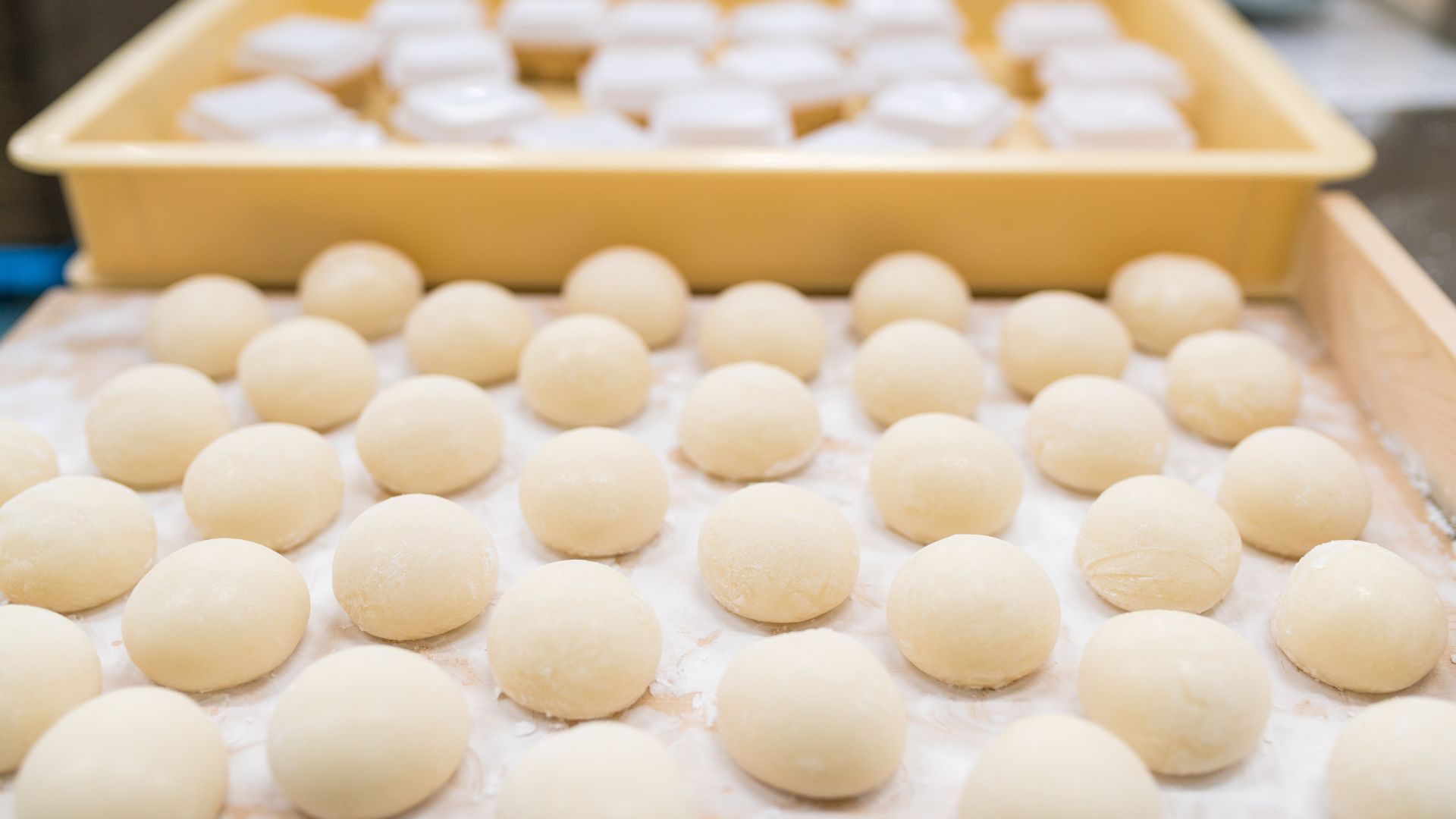Japan is one of the countries in the world most prone to natural disasters.
Earthquakes, typhoons, floods, and tsunamis are among the various disasters that strike the Japanese archipelago. From the Great East Japan Earthquake of 2011 to the Noto Peninsula earthquake that occurred on New Year’s Day 2024, and the large typhoons that hit annually, we are always living in close proximity to the threats of nature. To protect ourselves and our families from these disasters, it is essential to prepare in advance.
Among these preparations, one of the most important is the preparation of emergency food supplies.
What is Emergency Food?
Emergency food refers to food products that can be easily consumed during disasters when utilities like electricity and gas are unavailable. These are typically long-lasting, shelf-stable items that require minimal or no preparation and are designed with nutritional balance in mind. The availability of emergency food can be critical for survival post-disaster when securing food becomes a challenge.
Types of Emergency Food and How to Choose
In Japan, a wide variety of emergency foods are available, including ready-to-eat rice and curry in retort pouches, canned meats and fish, hardtack biscuits, and instant noodles and soups. When choosing, consider the shelf life, nutritional value, and ease of preparation. It’s also important to select foods that cater to the dietary needs and allergies of all family members.
Storage and Inspection
It’s recommended to store emergency food in a cool, dark place away from direct sunlight and temperature fluctuations. Regularly check the expiration dates and rotate out any items nearing their end-of-life by consuming them in your daily life, thus ensuring your emergency food supply remains fresh.
Usage During a Disaster
In the event of a disaster, prioritize finding a safe location and calmly make use of your emergency food supply. Some items may be warmed with water or a portable stove, but always prioritize safety. Emergency food not only provides necessary energy but also contributes to mental stability. Having a warm meal can soothe anxiety, helping you to stay calm and make reasoned decisions about your next steps.
Conclusion
Living in Japan, the possibility of encountering natural disasters is ever-present. In such times, preparing to protect yourself and your family is indispensable. Preparing emergency food is a fundamental step in this preparation. Given Japan’s vulnerability to disasters, many around you likely have their own emergency food supplies. Don’t hesitate to ask your neighbors what they have prepared. Use the tips shared here on choosing and storing emergency food as a guide to prepare for the unexpected. Start preparing now to ensure a safe and secure life in Japan.
This translation aims to clearly communicate the importance and practicalities of emergency food in Japan, making it accessible and understandable to an international audience.


